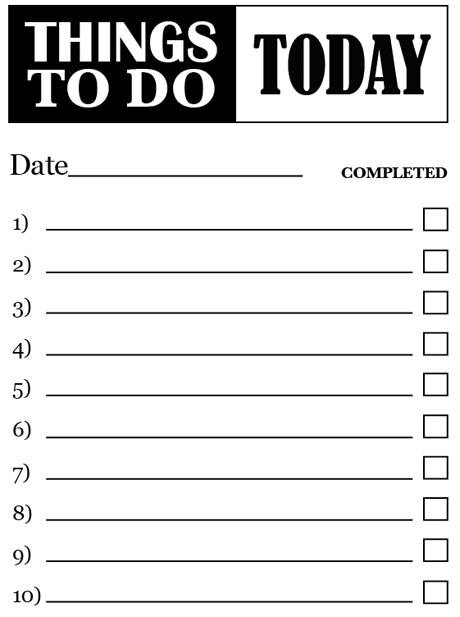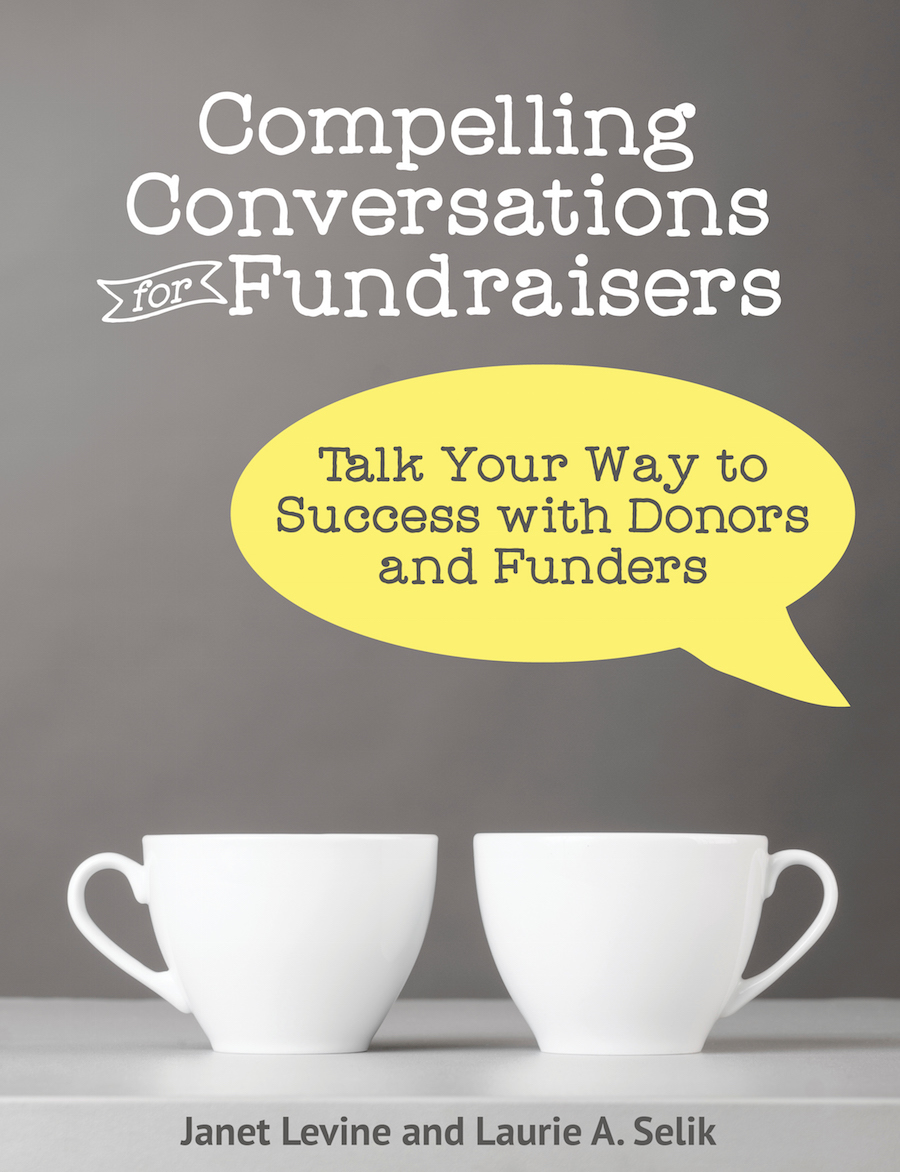Getting Real About Fundraising
 I spent much of yesterday catching up on work reading. You know, those reports, articles, ebooks and blogs mainly on fundraising and issues surrounding it. And I noticed two things:
1. Most of what being said and especially that which was touted as “new thinking” is what I and my colleagues have been saying for year. And I mean years—I started working in the nonprofit sector in the 1980’s.
I spent much of yesterday catching up on work reading. You know, those reports, articles, ebooks and blogs mainly on fundraising and issues surrounding it. And I noticed two things:
1. Most of what being said and especially that which was touted as “new thinking” is what I and my colleagues have been saying for year. And I mean years—I started working in the nonprofit sector in the 1980’s.
2. Regardless of who was writing or the provenance of the material, there is a handful of people who are quoted, referred to, called experts. And while there is absolutely nothing wrong with what they are saying, by and large there is nothing outstanding about anything these people say. More than that, they are all saying the same things—so much so that they become interchangeable.
This makes sense as a third thing I noticed (something I always notice) is that in the nonprofit sector there is a belief that one size fits all. And that, as anyone who has worked at and/or with organizations of varying sizes, is patently ridiculous.
I am often introduced as someone who raised millions in my career as a fundraiser. And I did. I also worked at two very large research universities, one during a big campaign. But I didn’t raise millions when I worked at small nonprofits. Hundreds of thousands if they weren’t too small and too new to fundraising; one or two hundred thousand if they were.
Beyond the amount I could raise, the ways open to me to raise that money changed drastically.
I will agree with all the talking heads who intone that relational fundraising is best. It’s also, quite frankly, the most fun. But it’s not always the most realistic.
Most of my clients are small nonprofits. And administratively, the word “lean” doesn’t  quite express how spare the staff is. If there is development staff, it is a staff of one or maybe one and a shared someone. Usually, however, there is not. In any case, relational fundraising is almost impossible. The person responsible for fundraising is often responsible for other things as well and is always responsible for all fundraising: grants and events as well as raising money from individuals. And they typically also log the gifts in, send the thank you letters out—yes, those letters we insist should go out within 48 hours of a gift being received—write not just the grants but also the grant reports and are often asked to deal with anything involving people because they are “so good at that.”
quite express how spare the staff is. If there is development staff, it is a staff of one or maybe one and a shared someone. Usually, however, there is not. In any case, relational fundraising is almost impossible. The person responsible for fundraising is often responsible for other things as well and is always responsible for all fundraising: grants and events as well as raising money from individuals. And they typically also log the gifts in, send the thank you letters out—yes, those letters we insist should go out within 48 hours of a gift being received—write not just the grants but also the grant reports and are often asked to deal with anything involving people because they are “so good at that.”
With all that this one person does, it is no mystery as to why donor retention is worse the smaller the organization. Of course donors want to know the impact of their gifts, and they deserve to know. But doing that in a personal, high touch way is hard for most of the staff I know who truly are dancing as fast as they can.
This is not to say that it can’t be done. For example, utilizing board members in specific and important ways—like showing donors impact--will help not just to retain the donor but reinforce to the board why what they do is important.
 But it takes time and planning.
But it takes time and planning.
That most small nonprofits could do better is undeniable. But that doesn’t mean that they aren’t trying and that we need to start understanding that size does matter, and we cannot expect a nonprofit where the ED is also the program director and the development director is also the office administrator to be as effective as the organization where development staff numbers in two or three figures.
So let’s stop telling these people what they should be doing and focus on helping them to figure out how best they can accomplish what needs to be done.
As my clients and I work through what—given their resources, the culture of their organization and their community—they really can do, and then focus on how to best get it done, I am gratified and amazed at what actually gets accomplished. And I am awed at the way that they really do change the world.

Janet Levine works with nonprofits, taking them from mired to inspired. Learn how she can help motivate you and your board at www.janetlevineconsulting.com. While there, sign up for the newsletter and do take advantage of the free 30-minute consultation. And consider learning a new language—become fluent in fundraising with Compelling Conversations for Fundraisers, available at Amazon
